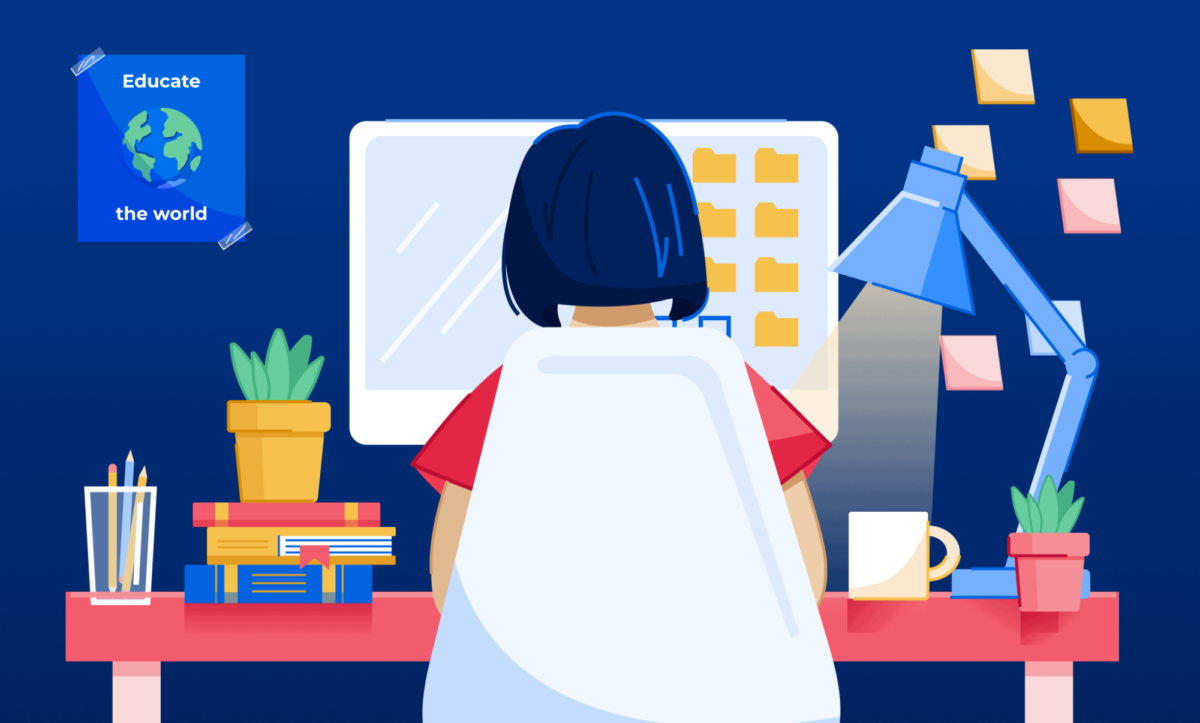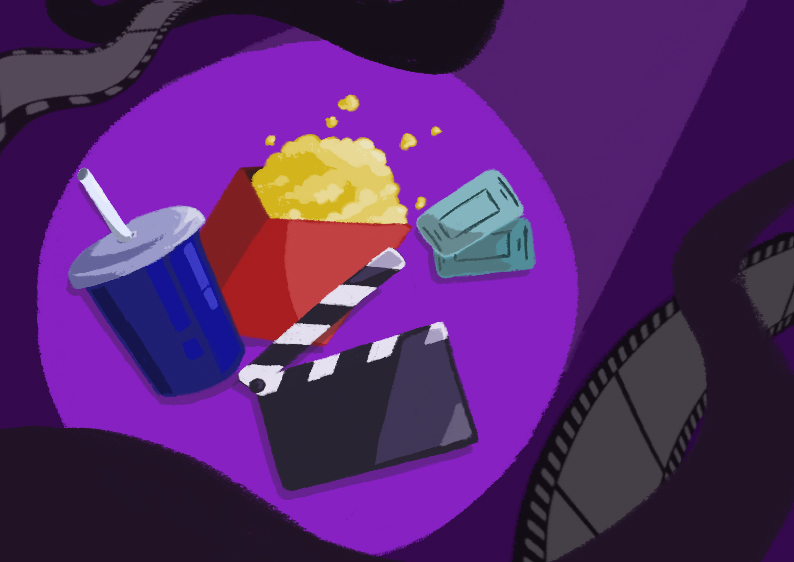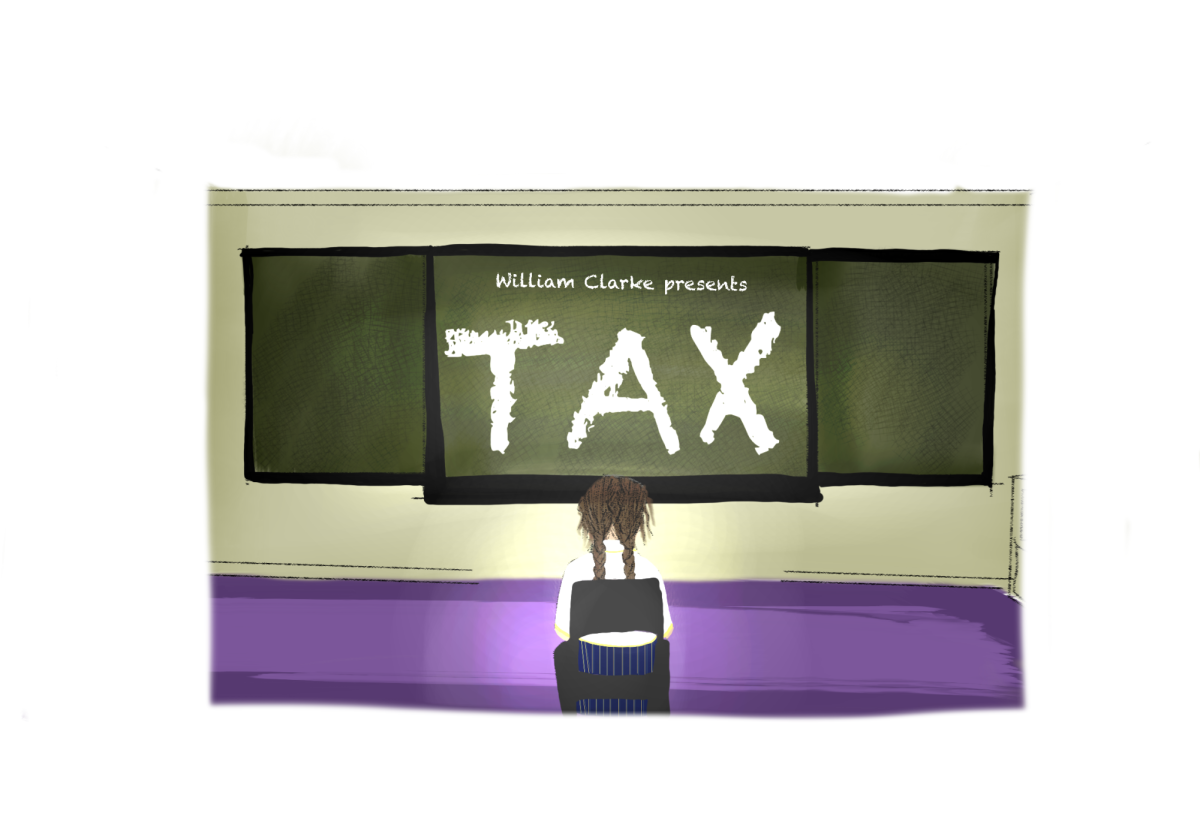I’m writing this less than two days after surviving my final year 11 preliminary exam. Ask any year 11 and you’ll quickly realise that prelims are a tricky ordeal and not a fun one at that. It is 2 weeks of non-stop study and big exams which all seem crucial for ensuring a place in university, or wherever you want to go. Overall, it’s a very scary time and your approach to these exams and how you study is vital to both maintaining your sanity and ensuring you do as well as possible. Study habits and exam techniques are some of the hardest things to learn, but when it comes to an exam block like prelims, they’re the most important.
As someone who used these exams as a bit of a trial by fire and was forced to learn a lot about how I handle these kinds of tests, I figure that the best thing to do now that I’m finished with them is to write about it. Why rest when you can just write for, We Are? And what else to write about, but the strategies and techniques that worked for me in these exams, to hopefully teach others something helpful? Obviously, these won’t work for everyone, but I found them effective so hopefully, they work for others as well.
BEFORE EXAM PERIOD: Optimally you should have revised all your syllabus notes and gotten really familiar with the content before the exam period. Realistically, if you’re anything like me you’ll end up making excuses and doing very little. In that case, you just need to work a whole lot harder during exam leave.
STUDYING DURING LEAVE: This is where extreme focus is needed, you can’t really have a day off during exam leave because you’re either doing a test or studying for the next one. Choosing which subject to study for can sometimes be very difficult especially if you have multiple on the same day or one a day after another. It’s extremely hard to do well and feel prepared for a test if you start preparing the day before, particularly in years 11 and 12. My strategy was to prioritise the closest assessment but if there was another in close proximity then work on that as well in the days leading up to it. I will admit however that I was extremely lucky with the spacing out of my tests, but I believe this strategy is best no matter the spacing.
Another key element of studying is how to study. It is really important to get a mix of both individual and group study. For me, I studied individually until the day before a test where I then started working with other people that did that subject. I feel like I learnt more from a couple of hours on an economics group chat than the whole days’ worth of studying before that, similar things happened with my other subjects too, collaboration is key for making sure you haven’t left out anything in your study and that you learnt something correctly. The other aspect of figuring out how to study is what exactly to do when studying. This is the part of study that changes the most between people. Some do flash cards; others only do past papers or only study notes. There are plenty of good approaches that are equally valid and effective in helping you revise and get confident with the content. Personally, I did not do a single past paper during the whole exam block (I’m sure my teachers are fuming hearing this), but I still felt really confident going into each exam because I focused on different forms of prep. Honestly, what you do when studying is just based on what works for you, so, if you’re in the younger grades, just try strategies out until you find one that works, it’s a long process but eventually you get it.
APPROACHING THE ACTUALLY EXAM: There are a couple of things that can really help you do your best in an exam. Strategies like skipping tricky questions and moving on to the ones you’re more confident with and putting down as much information or working out for questions that you don’t know exactly how to answer. Confidence is the most important aspect of your approach to an exam, going into a test believing that you will do well and just in general feeling calm and confident is crucial. Admittedly, this is no easy task, but it can also be the differentiator between a good and bad result at times. I cannot stress enough how important confidence is when approaching an exam.
PRIORITISING HEALTH: The Most important thing when studying for a test, however, is making sure that you’re healthy. This might seem cliché and just not relevant but in reality, it is what saved me for my prelims. Eating a solid 3 meals a day was good brain food but the crucial thing for me was exercise and sleep. Believe it or not, I managed to sleep over 8 hours a night every night in the assessment block. Before the tests, this sleep was very important as it allowed me to be awake and focused during the exams. Exercise helps too as it gets blood pumping to your brain and in general makes you feel better and fresher. Health in general is a key aspect of test prep that is so easily ignored but can make a big difference.
Studying is an ordeal, and the closer you get to year 12 the worse it gets. But if you get the right techniques and learn the right way to study, then hopefully studying will be as effective as possible. And at the end of the day, being efficient and effective in your study is really important, especially when you have many exams in a short period. But the most important thing to remember when studying is that it doesn’t matter how much you study or how long you study, it’s about how you do on the day, and that means that there’s more to doing well than just studying a lot.













